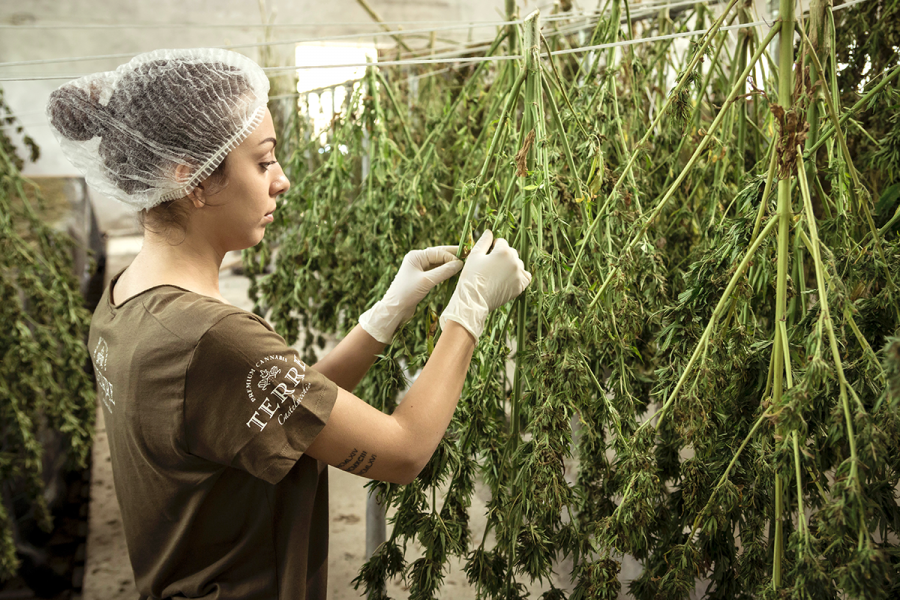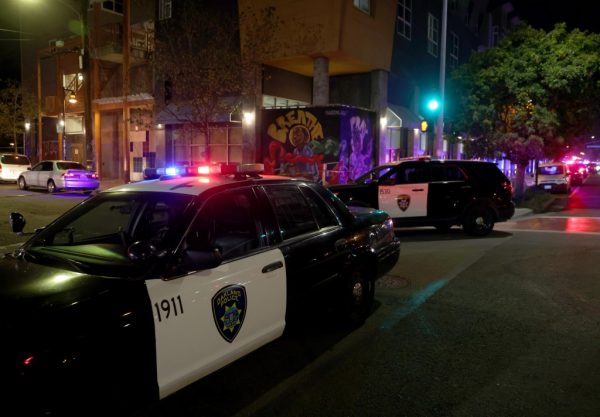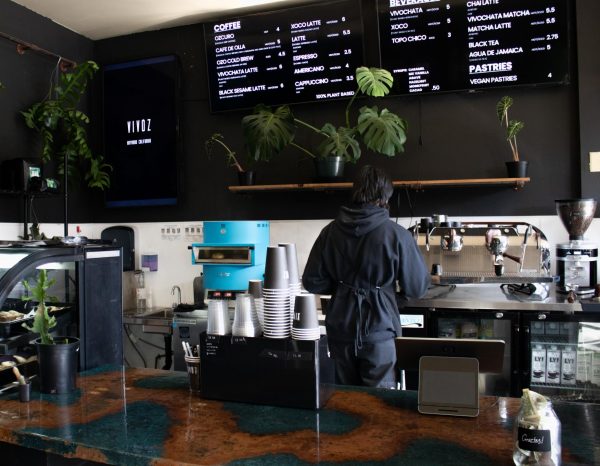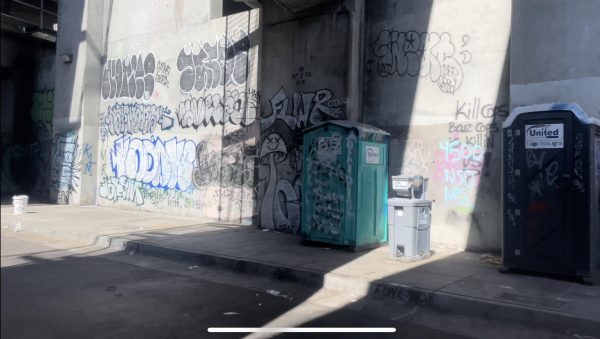Negative sterotypes of cannabis emploment
January 30, 2020
Burner. Stoner. Wasteoid.
You name it and, odds are, employees in the cannabis industry has heard it. These nicknames can be harmless depending on when they are used, however, when used in a negative connotation, they can insult or demean honest workers trying to make a living. Like every type of drug, used recreationally or grown, cannabis and its users have their own stereotypes, hardships, and regulations which can sometimes hurt the business and allow the government to control the industry.
The world is changing and cannabis is becoming more and more prominent to the point where people have begun to see it as a useful drug for medical purposes.
Today the cannabis industry is growing at a rapid pace, earning billions of dollars each year. In 2014, the estimated cannabis sales price was about 3.5 billion dollars. In 2019 alone, cannabis sales went up to 13.6 billion dollars nationwide. At this growth rate, the market will continue to expand. An estimated 30 billion dollars could be made in the 2025 sales figures alone, according to New Frontier Data, an online data analytics site that focuses on the legal cannabis industry.
Due to the growing popularity of cannabis, people from older generations often use cannabis and CBD products for pains and other types of medicinal use. Eduardo Gallegos is a current cannabis sales associate employed at a new local dispensary called Harvest on Geary. At this dispensary, patients are placed in a more hands-on environment and are allowed to test each product before they buy. It is presented like a “Trader Joes” for cannabis.
“In my experience, I have had customers totally against the use of marijuana who eventually used it and found out the positive effects,” Gallegos says. “A few of my patients use cannabis a few have tried to use cannabis to wean himself off pain pills and control anxiety”.
While cannabis use has become more frequent and acceptable it is not without its negative stereotypes. Gallegos has heard many different negative stereotypes not only just about cannabis but about working in that industry alone. Many believe cannabis users are all lazy stoners who can’t hold a job and just smoke for days on end.
“I have heard many negative opinions about the industry, and there’s not really much I can do to combat it. I know one day in the future cannabis will be fully legal and the negative stigma will go away too. So all YOU can do is wait who knows what the 2020s will hold”.
It is estimated that by 2021 the use and ownership of all cannabis products will be legalized nationwide. Kyle Jaeger a contributor to marijuana moment.net a website detailing the legalization and use of cannabis products believes it will be by the end of 2022 that cannabis will be fully legalized.
“There is a strong likelihood of federal marijuana legalization “by the end of 2022,” though. The probability that it would happen after 2028 is lower than 30 percent. In other words, the idea that cannabis won’t be legalized within the next 10 years is pretty far-fetched, based on the analysis”.
While many people are hopeful that marijuana is legalized no one would be more excited than the current growers. The cannabis industry is a growing field that has opened up jobs for people all over the world and will continue to grow. In 2018 over 65,000 jobs opening up in the industry alone.
Unfortunately, marijuana is seen in the government’s eye as a schedule one substance. This means that by the government’s point of view, cannabis is not currently accepted medical use and a high potential for abuse.
Due to this factor cannabis growers must go through different regulations that the government has imposed in order for them to keep track of the products. According to Gallegos, the government has issued a track and trace system on each cannabis product known in the industry as Metrics.
“These new regulations allow the government to keep track of Marijuana while its growing and when it is ready for sale. They do this to regulate the industry so they can make sure nothing is sold illegally. For most aspects of working in the cannabis industry, you must get certain licenses that can be expensive”.
This track and trace system allows the government to regulate the cannabis industry as a whole and makes sellers jobs much more difficult. The process is long and tedious and can cause problems for certain growers. Due to this system, every cannabis product is labeled and accounted for in any way shape or form which causes more work for the grower and more money out of their pocket.
Along with this track and trace system taxes alone can cause consumers of cannabis to stop buying it legally. According to Sean Williams, a contributor to the Motley Fool investment webpage had his own predictions about how high the tax can go and how the market can be affected.
“California, the fifth-largest economy in the world by gross domestic product, has imposed a 15% excise tax, a cultivation tax on growers of $9.25 per ounce of cannabis flowers, and state and local taxes,” says Williams. “Add this up, and some locales could be paying as much as 45% in aggregate tax on adult-use cannabis, which could wind up sending legal consumers back to illicit channels”.
Even with all the negative stereotypes and regulations of cannabis that are thrown out, the industry is a growing entity. There will come a time when cannabis will no longer be seen as a recreational drug and many will be using it as an everyday source of self-medication. Gallegos believes that soon people will stop the negative stereotypes and that his dispensaries practices will be key in future growth.
“We want to be able to change the customer’s overall experience. Our layout is gonna be the future and the experience is so different than most dispensaries out there. I believe that others will soon follow this model. Cannabis can be a medication that will help wean people off worse substances and help expand their lives”.
















